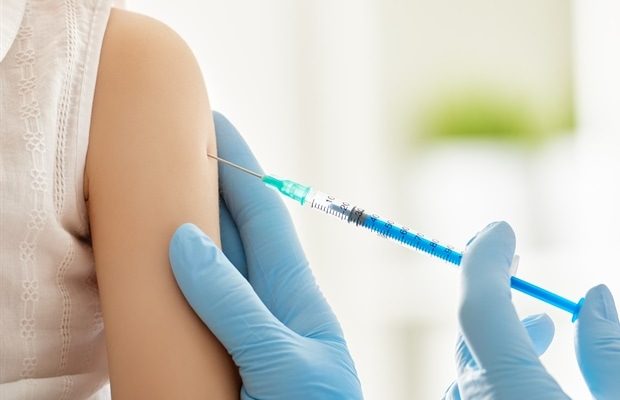University of Oxford begins recruiting for Phase I trial of new TB vaccine
The University of Oxford has begun recruiting for a Phase I trial with a tuberculosis vaccine in human volunteers at Oxford to develop a new way to test the efficacy of future TB vaccines – with the first volunteers being challenged today (Wednesday).
It has not yet been possible to use a human challenge study to test a new TB vaccine because humans cannot be safely infected with the bacteria causing TB.
However, in this new study, volunteers will instead be 'challenged' with the BCG vaccine – which contains a similar bacterium to the one causing TB and which has safely been used as an injectable vaccine for decades – administered through aerosol inhalation with the aim of mimicking how TB bacteria enter the lungs. Researchers will then assess how much BCG is recoverable from lung washing samples taken from volunteers post-vaccination. If it can be demonstrated that this approach is well tolerated, then this method could to test new TB vaccines in the future.
The TB044 study plans to recruit a sample of 12 people aged 18 to 50, in good health and who must have previously received a BCG vaccine. They will be split into four groups and participate in a dose escalation clinical challenge study – the first group will receive a very low dose, and as long as there are no side effects the second group will receive a slightly higher dose, and so on.
Following vaccination, participants will be monitored closely over six months and treated accordingly if they experience any adverse events. Results are expected in 2023.
The TB044 study is the latest step in developing a safe human challenge model which mimics the way that tuberculosis infection occurs. By building on previous studies from my lab in the Jenner Institute, we hope to be able to use a safe BCG challenge model to understand more about what happens in the early stages of tuberculosis infection.
This model could help us to both discover new markers of protection against tuberculosis, but also in the future as a way to test new vaccine regimes. Developing a successful vaccine against tuberculosis is an important piece in our armory in combatting this important infectious disease which could save millions of lives."
Helen McShane, Professor of Vaccinology, Director of the Oxford NIHR Biomedical Research Centre and Chief Investigator of the trial
Timothy Fredsgaard-Jones, Clinical Research Fellow at the Jenner Institute and Lead Clinician of the trial, said:
"Tuberculosis is the leading global cause of death from a single bacterium, infecting millions of people worldwide every year. Unfortunately, a significant proportion continue to get sick and die, even with antibiotics. Having an effective vaccine is really important in changing this.
"A safe BCG challenge model would allow us to test novel vaccines regimens more quickly and understand which ones have the best chance of working. This trial gives people the opportunity of taking part in research which could ultimately improve the health of people all around the world."
The US-based National Institutes of Health (NIH) and National Institute of Allergy and Infectious Diseases (NIAID) are funding the study.
Volunteers interested in enrolling on the study can do so online at https://www.jenner.ac.uk/volunteer/recruiting-trials/tb044
University of Oxford
Posted in: Drug Trial News | Disease/Infection News
Tags: Allergy, Bacteria, BCG Vaccine, Catalyst, Charity, Education, Efficacy, Heart, Infectious Diseases, Influenza, Lungs, Malaria, Medicine, Research, Running, Tuberculosis, Vaccine
Source: Read Full Article
